Are you considering moving to Ireland? Here’s everything you need to know.
Just a short hop across the Atlantic from the UK, the Emerald Isle is famous for incredible scenery, friendly locals, and a lively social scene, and it attracts more UK expats every year.
Here’s our guide to making the move to Ireland from the UK…
Contents
Moving to Ireland from the UK: Benefits
Aside from the island’s natural splendour, there are a wealth of reasons why Brits move to Ireland, and a host of benefits.
No language barrier
Often when British citizens relocate to a different country, they can find it difficult to integrate into their new community.
As Irish people already speak English, it’s easy to enjoy that Irish charm and make friends much more quickly, as well as having better employment options.
Friendly locals
It may be a stereotype, but it’s a positive one — Irish people, on the whole, really are very friendly and generous with a great sense of humour, and English expats normally find themselves very welcomed into their new community when moving to Ireland from the UK.
Pubs
An Irish pub in Ireland is the best place to experience the true taste of a pint of cool Guinness in an authentique, fun atmosphere.
And if Guinness isn’t your thing, there’s always Irish whiskey!
Gourmet food
With lush green fields all over Ireland, some of the best food produce in the world is raised here, and in recent years Ireland’s foodie scene has exploded with gourmet restaurants and pubs offering extraordinary culinary delights.
Music
Music throbs through Ireland’s Celtic core, and as well as producing world famous bands, the island is also renowned for enchanting and energetic traditional music, and for the hundreds of excellent music festivals which take place each year.
Take a look at this for starters:
Golf
Golfing is big business here, and it’s no wonder as with glorious expanses of lush green lawn and some of the most majestic settings in the world, Ireland’s golf courses are some of the best on the planet.
Culture
Ireland is also known as Land of Saints and Scholars, and for thousands of years it has produced a huge number of literary greats, artists and poets, which combined with Ireland’s bewitching folklore has given birth to a thriving theatre, arts and comedy scene.
Proximity
In addition to an abundance of breathtaking scenery, there’s a lot packed in to Ireland’s relatively small surface area.
Wherever you are on the island you’re never far away from either wild nature or vibrant cities.
Education
Up there in the top 20 highest standards of education in the world, Ireland has an excellent standard of free primary and secondary education and some of the best universities and colleges.
Best Places to Live in Ireland
Dublin
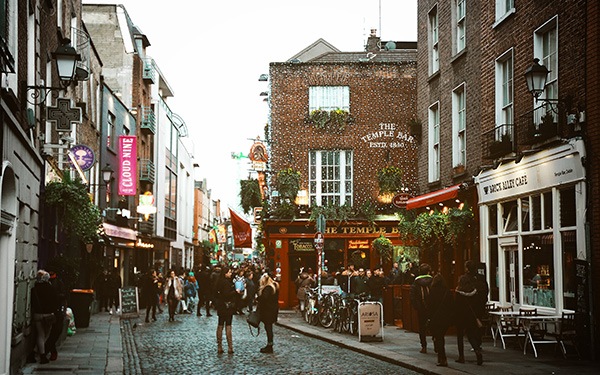
The Irish capital is the first choice for many expats moving to Ireland, and with good reason.
The city has a fascinating history and oodles of attractions, from medieval castles, cathedrals and amazing architecture, to leafy parks, galleries, museums, distilleries, excellent shopping opportunities, and a fantastic zoo.
Dublin nightlife is second to none, with a whole district given over to friendly pubs, theatres, live music, cinemas and vibrant clubs.
The city’s calendar is brimming with festivals and events including the Dublin International Film Festival which attracts independent filmmakers from over the world.
Likewise, Dublin attracts a cosmopolitan mix of expats from many different countries, resulting in a wonderfully multicultural food and music scene.
Cork
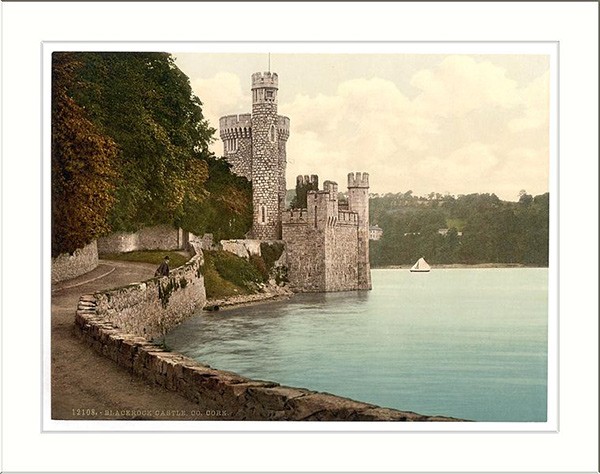
Blackrock Castle (by Snapshots of the Past: CC BY-SA 2.0 licence)
To the south of the island, Ireland’s second largest city, Cork is a bright, attractive city nestling along the banks of the River Lee with many picturesque bridges and quays.
Having prospered as a merchant and industrial city in the 18th and 19th centuries, there is some grand architecture to be seen here.
The city remains fairly traditional, but modern Cork is also home to a flourishing, youthful population, a vigorous artistic, intellectual and cultural scene, and a host of cosmopolitan bars, artisan cafes, and wonderful restaurants with an emphasis on fresh seafood and local produce.
On top of all that, the city of Cork hosts 24 major annual festivals amongst which is its own film festival and a world famous jazz festival.
Waterford
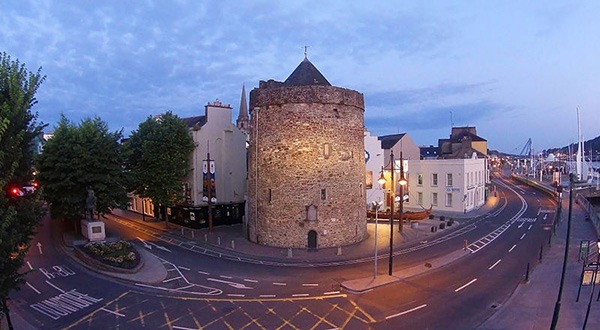
By Vadrefjord (CC BY-SA 4.0 licence)
Waterford may not win any prizes for prettiness, but beneath the rather industrial surface of this city on Ireland’s south east coast lies an abundance of hidden delights.
This is Ireland’s oldest city and it is proud of its Viking roots — so much so that there are three first-class museums here dedicated to telling the story of Ireland’s middle ages.
Much has been done in recent years to refurbish the city — particularly along the waterfront — but Waterford still retains characterful winding medieval alleyways and a few other architectural gems.
The spirit of Waterford today is joyous and lively, with great nightlife, family friendly bars, and a good range of cafés and restaurants.
Killarney
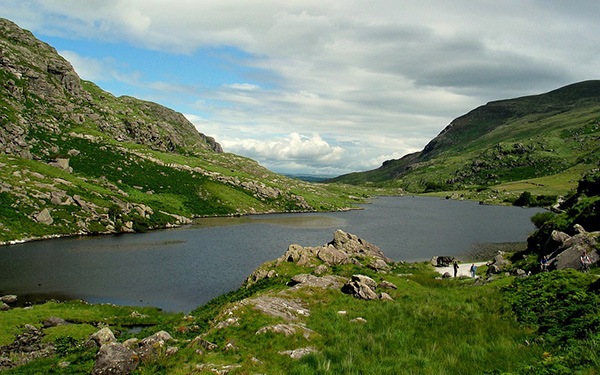
In southwestern Ireland in Kerry County lies picturesque Killarney.
Killarney town borders an impressive national park, and the the area around the town is full of dramatic, tranquil lakes and dotted with quaint, crumbling castles.
The town itself is fairly small, but is nevertheless bustling owing to its proximity to the ring of Kerry and the airport, which attracts many tourists — and it’s also a popular spot for holidaying Irish.
Killarney is a traditional town bursting with restaurants, bars, and clubs to appeal to holidaymakers, and it can get very crowded in the summer months.
It does however remain undeniably charming, and is a great base for exploring the natural wonders and historic sites in the nearby area.
Westport
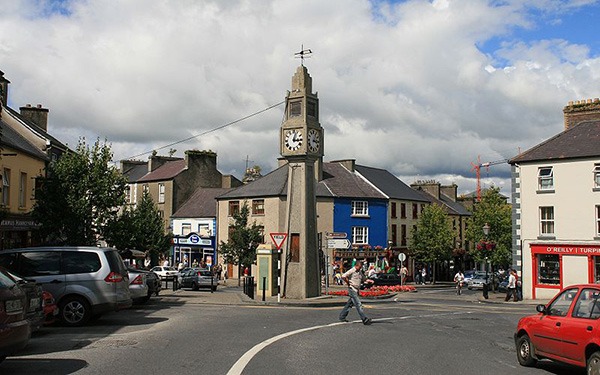
By Andreas F. Borchert (CC BY-SA 3.0 licence)
The artsy town of Westport looking out over the exquisitely pretty Clew Bay and the surrounding mountains is one of Ireland’s most visited towns.
The town’s location offers plenty of opportunities for outdoor activities, including horse riding along the beach, cycling, snorkeling, exploring rock pools, and more.
Westport town is picture perfect, with fine Georgian architecture and The Mall — a long riverside strip lined with leafy lime trees.
It is famous for Westport House, a glorious Georgian mansion set in a huge country estate complete with Pirate Adventure Park offering a range of exciting family friendly attractions including amusement rides, go karting, pedalos and a miniature railway.
Westport also hosts an annual arts festival which offers offers top class music, theatre, comedy, film and craft from local, national and international artists.
Galway
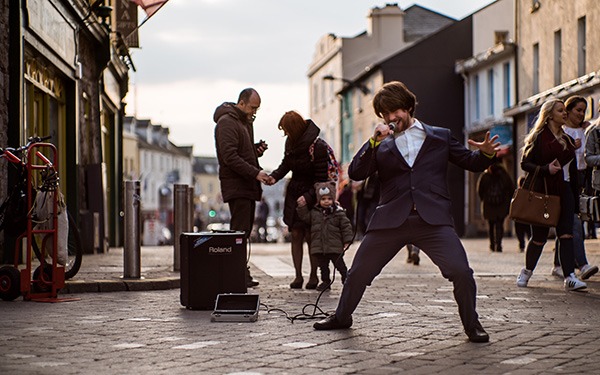
This bright, bohemian city on Ireland’s wild and rugged west coast, is a hotbed of creativity, hipster style, and party atmosphere, with an historic heart rooted in Irish tradition.
A harbour city, Galway was once a successful port for trade with Europe, with cultural influences that are still alive and well in modern, cosmopolitan Galway.
The arts scene is Galway is big news, with the Galway Arts Festival attracting worldwide attention each year.
Hidden away down winding Medieval cobbled streets are a plethora of quaint boutiques, and the restaurants here dish up delectable seafood dishes fresh from the ocean — including the famous Galway Bay oysters.
Energetic and always buzzing, a night out in Galway city is an experience not to be missed, with live music bursting out of jam packed pubs, and thanks to the large student population there’s an excellent club scene too.
Racing fans go crazy for the annual Galway Races in the summer, which lasts a whole week and draws crowds of over a quarter of a million people.
Limerick
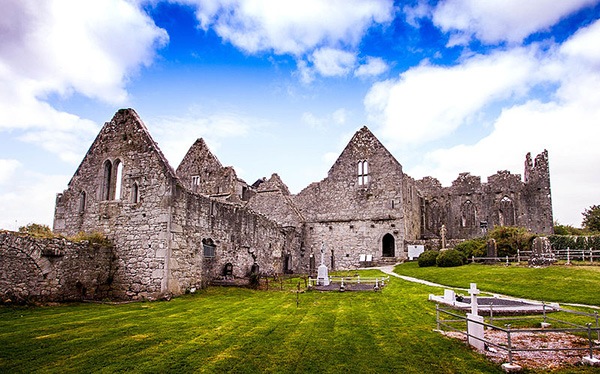
Askeaton Franciscan Friary (by Stevesphotography CC BY-SA 4.0 licence)
Having struggled with a poor economy for many years, Limerick has emerged proud and strong, having been chosen as the Irish City of Culture in 2014 which boosted the city budget and launched some exciting renovations — including a fancy new waterfront on the banks of the majestic Shannon River.
This is a city with unique charm, with a number of world class museums and art galleries, stunning Georgian architecture, a dramatic medieval castle with amazing views, seriously good street art, and a creative culinary scene.
The thriving Milk Market in the heart of the city is an energetic hub of fabulous restaurants and bars, artisan food and drink products, live music, and more.
The city is also fiercely enthusiastic about sport, and the city rugby ground Thomond Park has borne witness to some epic matches, as well as spawning some incredible talent.
Moving to Ireland: The Details
Tempted to make the jump across to the Emerald Isle?
We don’t blame you — anyone would be.
Here are the 3 most crucial things you need to know about moving to Ireland from the UK.
Visas
As Britain is still (for now) technically part of the EU, UK citizens don’t need a visa to live and work in Ireland, nor do they need a passport to get there.
And while this may all change after Brexit, for now Brits are entitled to use public services, vote in Irish elections, retire, and buy property on the same basis as Irish citizens living in Ireland.
Health
Ireland has one of the best healthcare systems in the world, with a choice of both private and public services.
Public hospitals are owned by the Health Service Executive (HSE), and much as with the NHS in the UK, Irish residents can benefit from free or subsidised, government funded healthcare — although certain treatments may not be 100% free without a Medical Card.
In addition to that, public hospitals often have long waiting lists, and many people decide to opt for treatment at one of the many private hospitals which are totally independent of the state, and it is necessary to pay for any medical treatment received.
Free health insurance in Ireland works with a Medical card, but they are not allocated to everybody, instead there are certain criteria based on income, age, illness and whether or not you have a disability, which you must fulfil in order to qualify.
If you don’t make the cut for a Medical card, you can apply for the GP card which allows you free treatment from a registered doctor.
Alternatively, you may which to consider taking out private medical insurance.
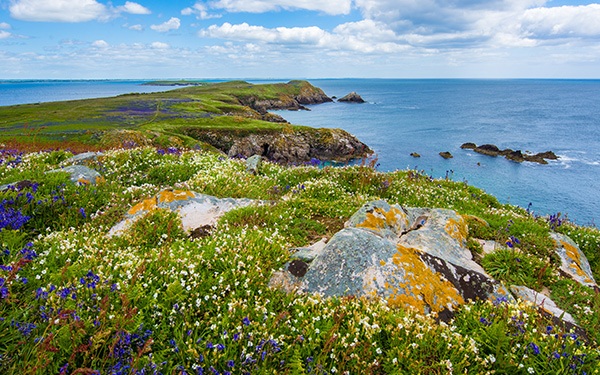
Work
If you’re not yet at the age of retirement, you’re probably going to want to work — but is it easy for British expats to find work in Ireland?
Well, there are a good number or skilled professional positions available — particularly in the IT, finance, engineering, transport and logistics, and healthcare sectors — but competition can be tough due to the sluggish economy and large number of unemployed workers.
Tourism and hospitality jobs are often available too, with plenty being available in the summer months.
Even though the competition can be a little fierce there are opportunities out there, and as Ireland is working hard to stimulate its economy, now is a good time to set up your own business on the island too.
Are you tempted to move to Ireland?

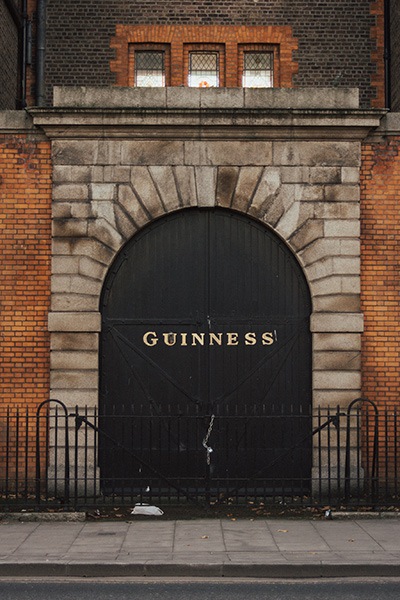




1 Comment
I am thinking about moving to Ireland but am retired and have a state pension and NHS pension where do I go for more information?